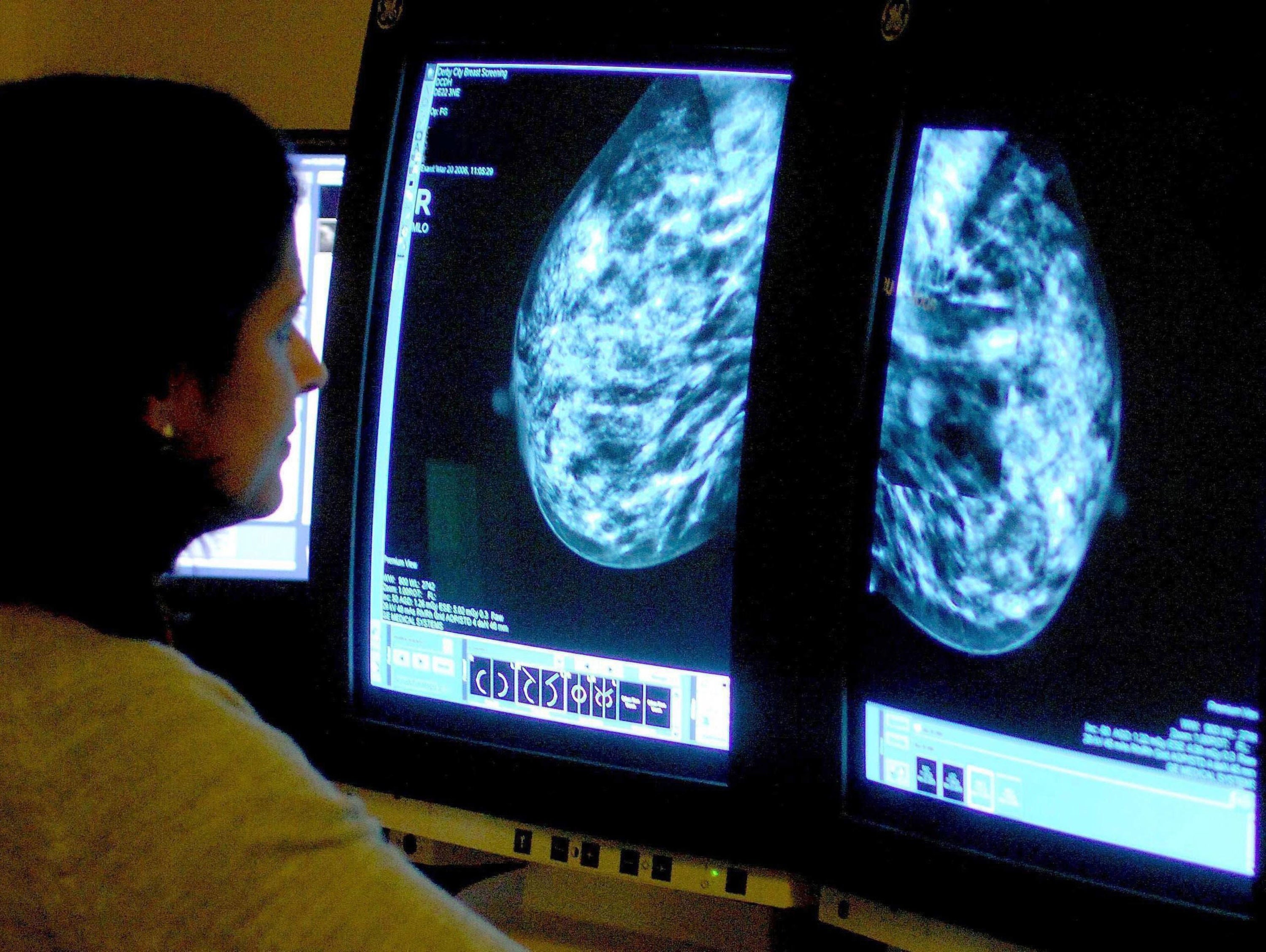Number of women being seen for urgent NHS breast cancer referrals hits record new low
‘Government must consider what immediate steps it can take to reverse this rapid decline’ says Breast Cancer Now

Your support helps us to tell the story
From reproductive rights to climate change to Big Tech, The Independent is on the ground when the story is developing. Whether it's investigating the financials of Elon Musk's pro-Trump PAC or producing our latest documentary, 'The A Word', which shines a light on the American women fighting for reproductive rights, we know how important it is to parse out the facts from the messaging.
At such a critical moment in US history, we need reporters on the ground. Your donation allows us to keep sending journalists to speak to both sides of the story.
The Independent is trusted by Americans across the entire political spectrum. And unlike many other quality news outlets, we choose not to lock Americans out of our reporting and analysis with paywalls. We believe quality journalism should be available to everyone, paid for by those who can afford it.
Your support makes all the difference.Less than half of women are being seen following an urgent breast cancer referral, as NHS performance drops to a new low.
‘Alarming’ new NHS figures have shown just 47 per cent of women in England referred “urgently” for breast cancer symptoms were seen by a specialist within two weeks.
For women without symptoms but referred urgently to see a specialist, just 49 per cent were seen within two weeks.
In both cases this is the first time since records began that less than 50 per cent of women were seen.
Within some trusts less than 10 per cent of women referred with symptoms were seen within two weeks, with less than two per cent of women referred to United Lincolnshire Hospitals Trust being seen within this time frame in January.
More than 7,000 women in England waited over a month in January, to see a specialist following a referral. However, true waits could be much longer than this as data does not track waits for longer than 28 days.
The news comes as the overall NHS waiting list hit a record 6.10 million in January, according to the latest figures.
Wes Streeting, Labour shadow health secretary said: “I know from experience the importance of an early cancer diagnosis and quick treatment. It is appalling that most suspected breast cancer patients are left waiting so long before being seen, with the insecurity of not knowing.
“But instead of improving patient care, the Conservatives are lowering standards and scrapping the target.
“Labour are more ambitious for our NHS. We will provide the NHS with the staff, equipment, and modern technology needed to treat patients on time.”
Baroness Delyth Morgan, chief executive at Breast Cancer Now, said: “It’s alarming that in January, for the first time, less than half of women 47.5 per cent in England who were urgently referred with potential breast cancer symptoms, were seen by a specialist within two weeks.
“Ongoing poor performance on the two-week wait target is now adversely impacting the number of people starting treatment for breast cancer within 62 days 61.7 per cent.”
The government on Thursday launched a plan to replace the two-week wait target with another for 75 per cent of people to have cancer ruled out within 28 days of referral.
Baroness Delyth added: “As the government launches its plan to replace the two-week wait with a target for people to receive a diagnosis or have breast cancer ruled out within 28 days of referral, it’s abundantly clear that regardless of the target, and despite the valiant efforts of NHS staff, breast cancer services are critically overstretched and understaffed.”
“...the government must consider what immediate steps it can take to reverse this rapid decline. Agonising delays must be replaced with prompt diagnoses for all women – and the sooner breast cancer is diagnosed the greater the chance of treatment being successful.”
She added today’s NHS data should be seen within the context that there are still 8,930 women living with undiagnosed breast cancer in England as a result of service disruptions during the pandemic.
According to data published by NHS Digital at the end of February, there was a 40 per cent decrease in women aged 45 and over who had a screening for breast cancer during 2020-21 compared to 2019-20.



Join our commenting forum
Join thought-provoking conversations, follow other Independent readers and see their replies
Comments